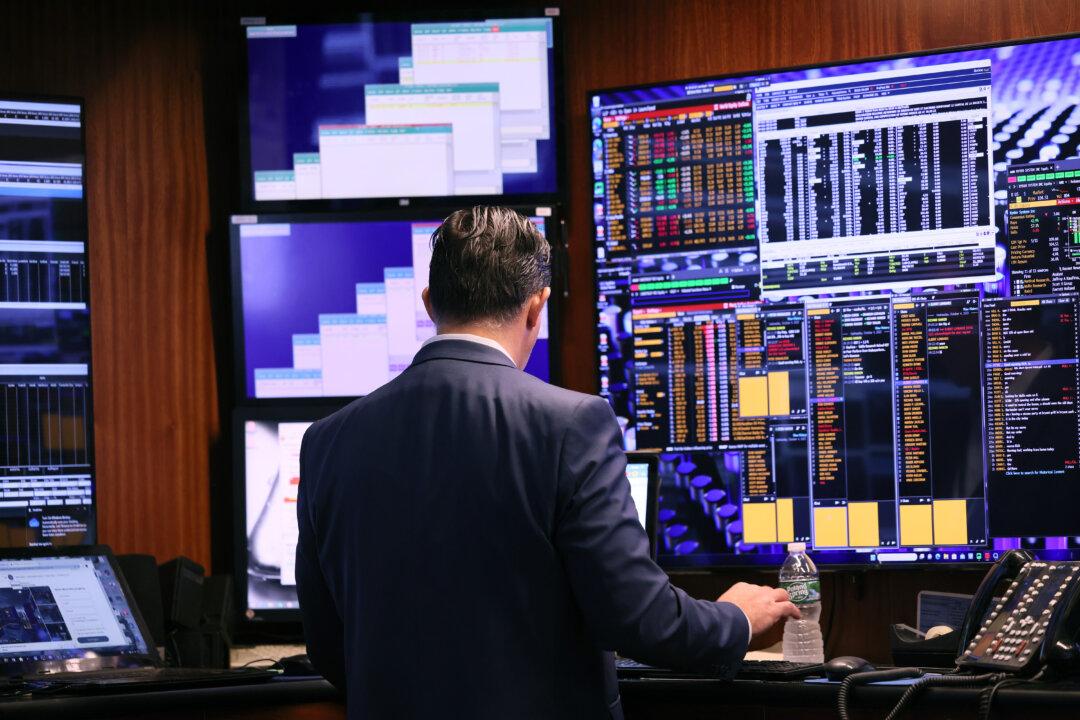In a landmark decision, a federal judge has ruled to let Americans use financial market instruments to bet on the outcome of U.S. elections, finding that the regulatory agency that blocked election betting overstepped its authority.
In a case that pitted predictions marketplace KalshiEX LLC against the Commodity Futures Trading Commission (CFTC), District Court Judge Jia Cobb issued a memorandum and opinion on Sept. 12 that clears the path for the use of derivatives contracts to place bets on the outcome of American elections.





